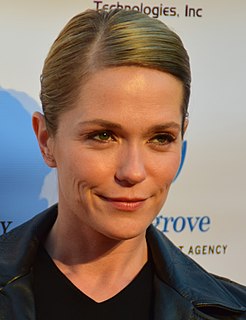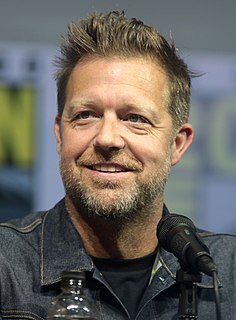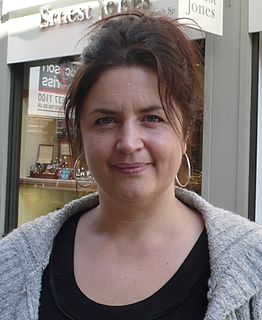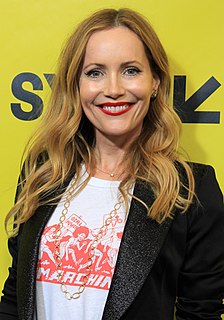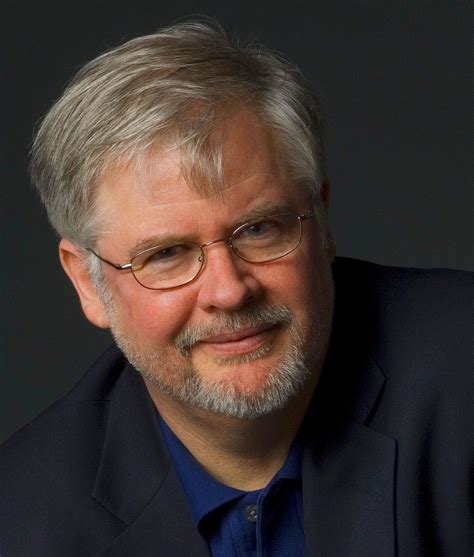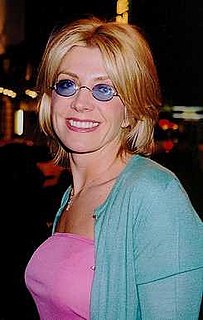A Quote by Nick Hornby
The more screenwriting you do, the more you become aware that particular scenes aren't going to end up in the movie because they're too expensive. That has perhaps changed the way I think about writing novels, actually, because now I write expensive scenes whenever I can.
Related Quotes
When you start using more expensive cameras, everything around it gets more expensive, which is something we hadn't necessarily taken into account beforehand. Your lighting package gets way more expensive, and then coloring it is going to be more expensive. So I think all of that will essentially be cushioning our camera package. Budgets beget budgets, and expenses beget expenses.
Both as a filmmaker and as a fan I love the behind-the-scenes stuff, I like it even more than deleted scenes frankly. Especially when you're happy with the movie and you're proud of it, those deleted scenes give you also a sense of the making of the film and the process through which you end up with the final product.
Even with college, the reason I wanted to go so badly is because I wanted to major in film. I want to take screenwriting classes and learn more about behind the scenes stuff, because I love people like Steve Carell and Kristen Wiig who are able to write a lot of their own material and be so involved in everything they do.
Generally speaking I would say I enjoy the smaller films more because there's a less sense of pressure and often the material is more unusual. But in "Iron Man" it was kind of like both worlds colliding because there was a lot of improvisation, not that we improv-ed in the scenes but to discover the actual scenes themselves.
The first several scenes are about sexual addiction. They're not specifically political at all... I didn't sit down and think, ''I am going to write something about the religious right.'' I started out by writing something about sexual addiction, and it evolved... I don't look at a calendar and say: ''Oh! There's going to be an election in 1996. I think now, in 1993, I'll start writing a play that'll be ready for it.''

